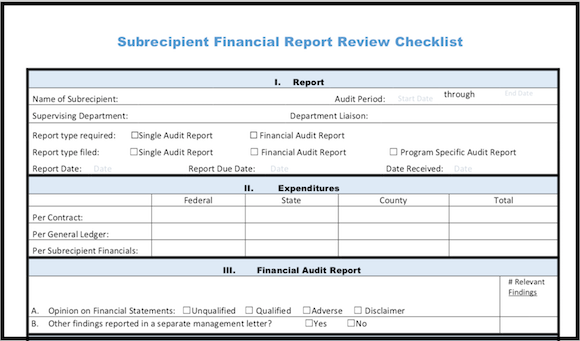|
Your Finance Department has many roles. But one of the most crucial roles is to maintain your organization’s official accounting records. This also gives it a unique opportunity to provide relevant information and assistance to other departments. However, the role of financial accountants requires deep technical knowledge and skills, and there’s added pressure as many of their tasks have strict deadlines. Therefore, questions from operating departments are sometimes seen as distractions to accountants rather than as part of their key job responsibilities. Operating departments frequently come to the Finance Department with technical questions intended to help them better operate their programs or spend money more cost-effectively. These questions may range from simple (“Has this invoice been paid?”, or “How do I log into the financial system?”) to the complex (“Can you help us determine whether the fees we are charging for our services are fair?”). The Finance Department also provides monthly or quarterly budgeted vs. actual revenues and expenditures financial reports to departments, as well as financial information to elected officials, senior management, the public, granting agencies, regulatory bodies, bondholders, and others. Some of this information is used in evaluating the performance of operating departments. Accordingly, operating departments expect financial information coming from Finance to be accurate, complete, and timely. If Finance does not meet this expectation, it will lose credibility in the organization. When this happens, dire consequences can follow. Departments have to guess at what to do instead of asking, leading to more errors. Take, as an example, this story: A Bay Area City had a weak accounting department for several years. The department head was an Administrative Services Director over IT, Finance, and HR, but had no accounting background. The ranking accounting professional was an accounting manager who had been with the City for 20+ years but had little enthusiasm for the job. The other Finance Department employees were new and had no formal training. Getting information from the Finance Department was slow and accuracy was spotty. The Public Works Department (PW) got frustrated with the inconsistent and inaccurate accounting information coming from Finance that was needed to manage its grants and prepare grant reimbursement requests. Therefore, they started keeping their own grant accounting records. This was a bad idea for many reasons:
Here are 5 common ways that Finance Departments lose credibility:
The credibility of the Finance Department throughout the organization is important to its success, and indeed, to the success of the government itself. This credibility needs to be nurtured through good relations with other departments. The good news is that it is not difficult. You can build credibility in your Finance Department by:
If you have more questions on how to manage or improve your Finance Department's credibility, feel free to reach out to Kevin directly:
Kevin Harper, CPA [email protected] (510) 593-503
Comments
|
The Government Finance and Accounting BlogYour source for government finance insights, resources, and tools.
SEARCH BLOG:
Meet the AuthorKevin W. Harper is a certified public accountant in California. He has decades of audit and consulting experience, entirely in service to local governments. He is committed to helping government entities improve their internal operations and controls. List of free Tools & Resources
Click here to see our full list of resources (templates, checklists, Excel tools & more) – free for your agency to use. Blog Categories
All
Need a Consultation?Stay in Touch! |



 RSS Feed
RSS Feed